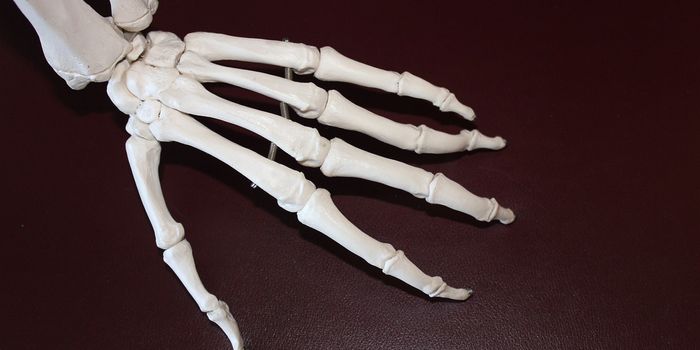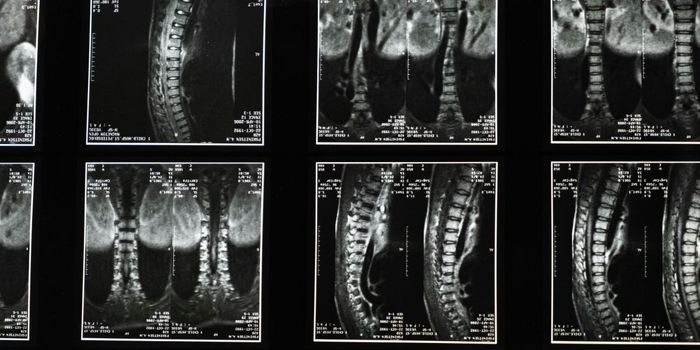The Benefits of Virtual Reality in Drug Discovery
Virtual reality (VR) is a technology that immerses users in a computer-generated simulation of a 3D environment. This technology is becoming increasingly popular in drug discovery, as it allows researchers to simulate the effects of drugs in a virtual environment before they are tested in clinical trials.
Learn more about VR in drug discovery here:
A major benefit of VR in drug discovery is its ability to reduce costs. Traditional drug discovery can be very expensive, with the cost of developing a new drug often exceeding one billion dollars. By using VR technology, researchers can simulate the effects of drugs in a virtual environment, reducing the need for costly animal testing and clinical trials. This can significantly reduce the cost of drug development, making it more accessible and affordable for patients. Researchers can simulate the effects of drugs in a virtual environment, allowing them to identify promising candidates quickly and easily for further study. They can also view and manipulate molecular structures using VR almost in real-time, which makes drug discovery much more streamlined.
In addition to improving efficiency and reducing costs, VR technology can increase safety in drug discovery. Traditional drug discovery often involves animal models and human subjects, which can be risky and potentially harmful. By using VR technology, researchers can simulate the effects of drugs in a virtual environment, allowing them to test the safety and efficacy of new drug candidates without putting human subjects or animals at risk.
VR in drug discovery also improves collaboration and communication among researchers. With VR technology, researchers and providers can work together in a virtual environment, sharing data, experimental protocols, imaging, etc., in real-time. This ultimately leads to better health outcomes for patients as well.
VR technology in drug discovery can potentially revolutionize the drug development process. The future of drug discovery with virtual reality is vast, and developments in drug discovery will be highly anticipated.
References:
https://www.marxentlabs.com/what-is-virtual-reality/
Walters RK, Gale EM, Barnoud J, Glowacki DR, Mulholland AJ. The emerging potential of interactive virtual reality in drug discovery. Expert Opin Drug Discov. 2022;17(7):685-698. doi:10.1080/17460441.2022.2079632








